10 Books About Japan That Expat Parents Should Read To Their Kids
Reading is a great way to help children adjust to—and thrive in—their new home
Getting children to settle in a new school or home can be challenging even if it's in a neighborhood around the corner so it’s not surprising that many expat parents find the task overwhelming in a new country. Savvy Tokyo spoke to Summerhill International School for their expertise on what books can do for children undergoing cultural adjustment.
Whether children are adjusting to their new cultural home, diving deep into their third culture or simply interested in learning more about their surroundings, books are ideal tools to help them on their journey.
For children transitioning to life in Japan, being able to enjoy books can be a great support
Not only do reading interactions encourage children to inquire, grow through understanding, and be empathetic, they are also a fun, positive and educational experience.
Recommended reading for international children in Japan
“For children transitioning to life in Japan, being able to enjoy books can be a great support,” according to Rita Kar, the librarian of Summerhill International school.
“When families move to Japan, the children are making a big transition in language and culture. Familiar books can be a great source of comfort to children when they see them in their new unfamiliar surroundings,” says Rita.
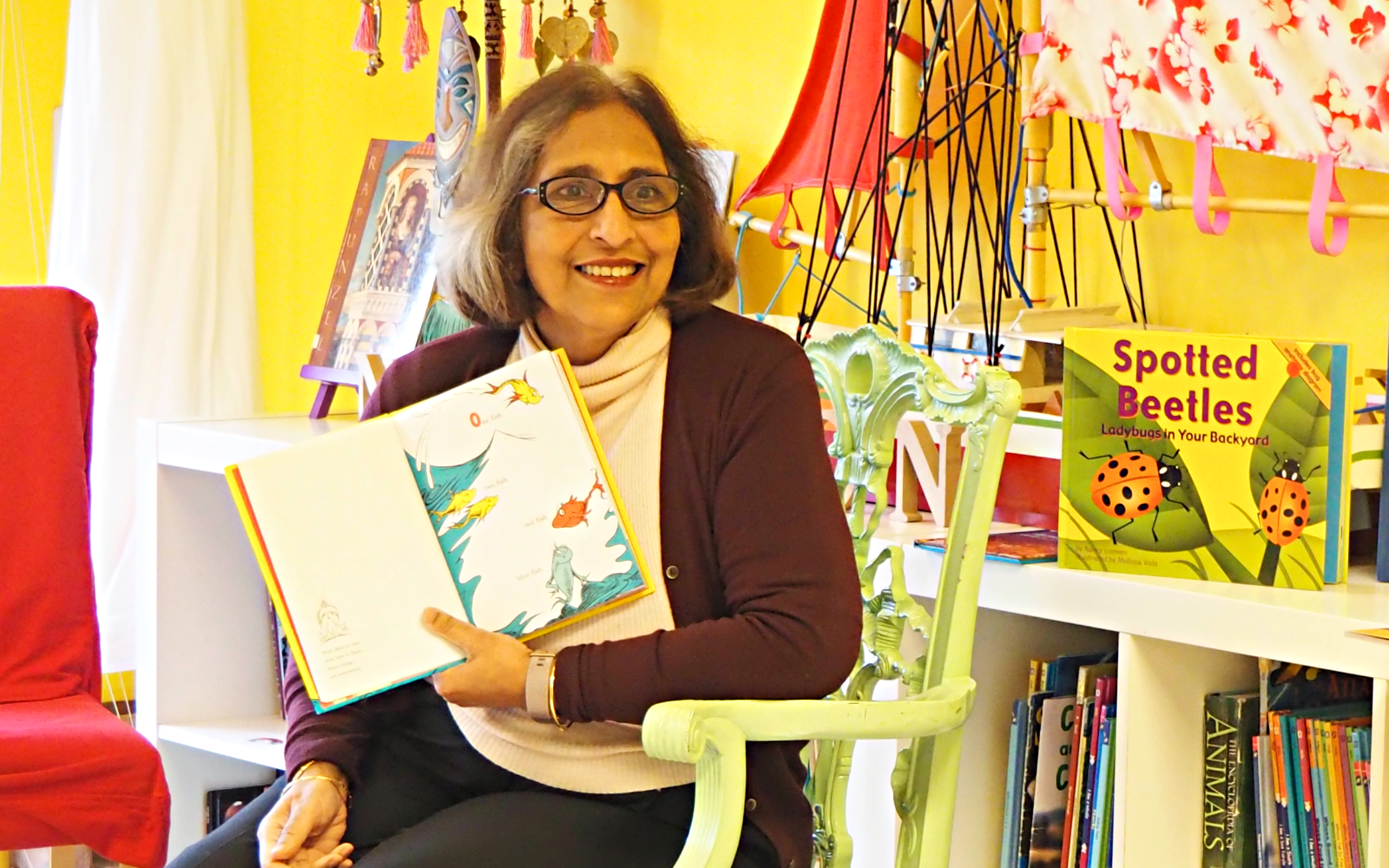 To create this feeling at home, she suggests creating a fun, inviting reading space, such as a tent or nook with cushions and blankets, which features some of the children’s favorite books, noting that “they will be confident in such settings where books are a familiar thing.”
To create this feeling at home, she suggests creating a fun, inviting reading space, such as a tent or nook with cushions and blankets, which features some of the children’s favorite books, noting that “they will be confident in such settings where books are a familiar thing.”
Once some familiarity is established, introducing books that provide children with the background or information to help them understand their new world in Japan can bring greater fun, authenticity, and a sense of involvement when out shopping, dining or experiencing cultural events. Children might point out things they have seen in books or, while reading books, have a eureka moment of understanding.
According to Rita, literature is a great way to support your adventures in your host country. She continues on to say that “books that are based on Japanese history, tradition, or folklore will always be fascinating as [they] take place in a setting you are familiar with.”
Here are Rita’s top 10 books to read to your kids while in Japan.
1. Hachiko Waits by Leslea Newman
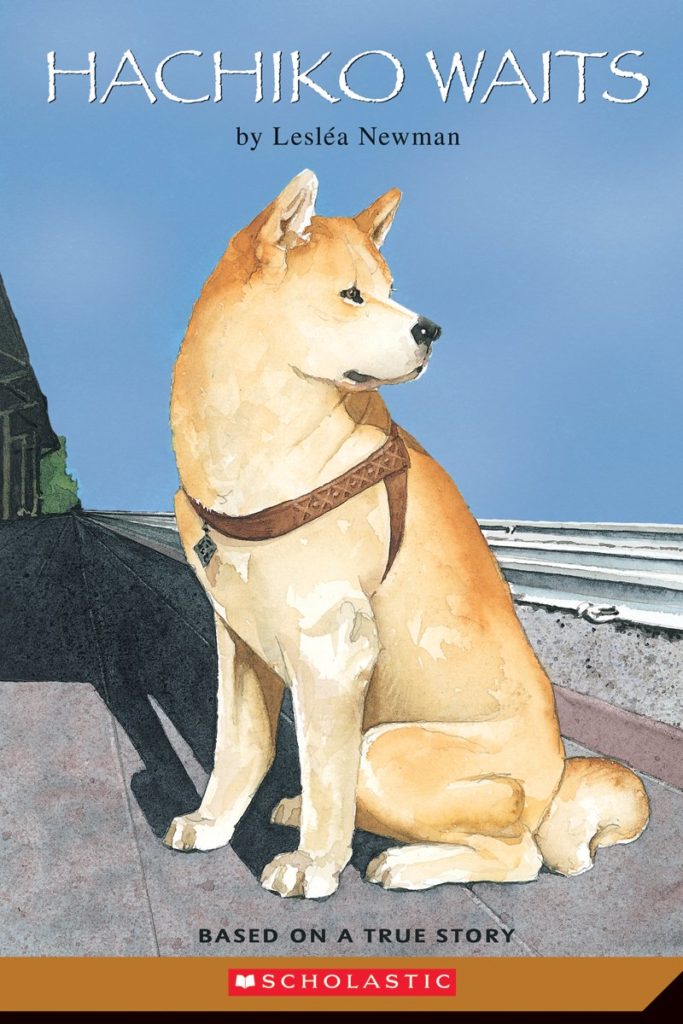
Relating the true story of a loyal dog who accompanied his master to and from a Tokyo train station for a year and continued to wait for him there every day for many years after his death, these books will make a trip to Hachiko Square in Shibuya meaningful. Most suitable for children in grades 3-5.
Buy on Amazon
2. Eliza’s Cherry Trees: Japan’s Gift to America by Andrea Zimmerman
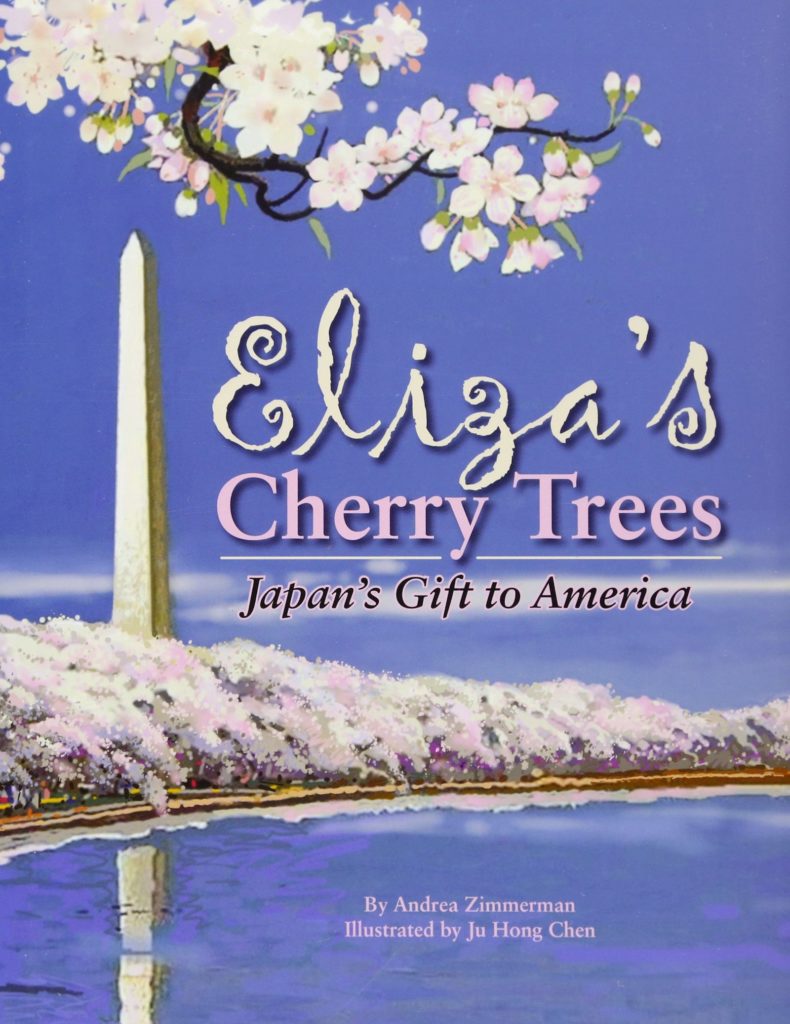
This historical, illustrated account of how one woman’s persistence brought Japan’s cherry trees to Washington is suitable for grades 3–6. It portrays the beauty of cherry blossoms and is a great read during the sakura season.
Buy on Amazon
3. The Last Kappa of Old Japan: A Magical Journey of Two Friends by Sunny Seki
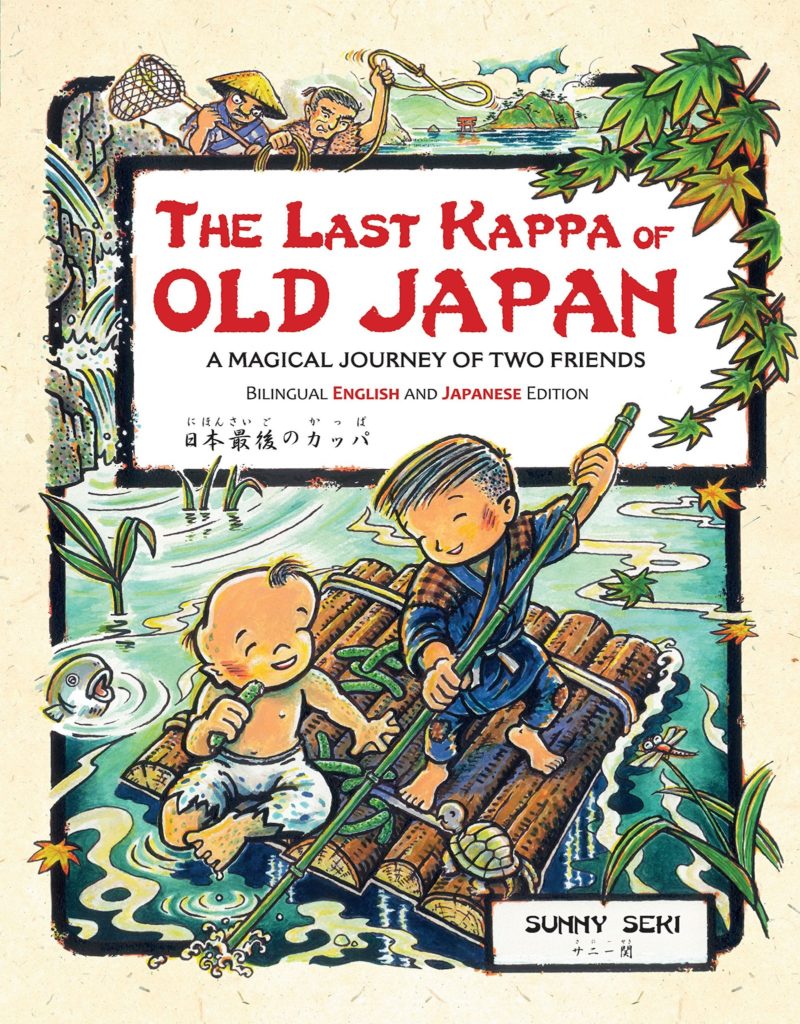
This beautifully illustrated bilingual children’s book introduces many aspects of traditional Japanese food, culture, and folklore while teaching an important lesson about environmentalism. It can be enjoyed by all ages.
Buy on Amazon
4. Magic Ramen: The Story of Momofuku Ando by Andrea Wang
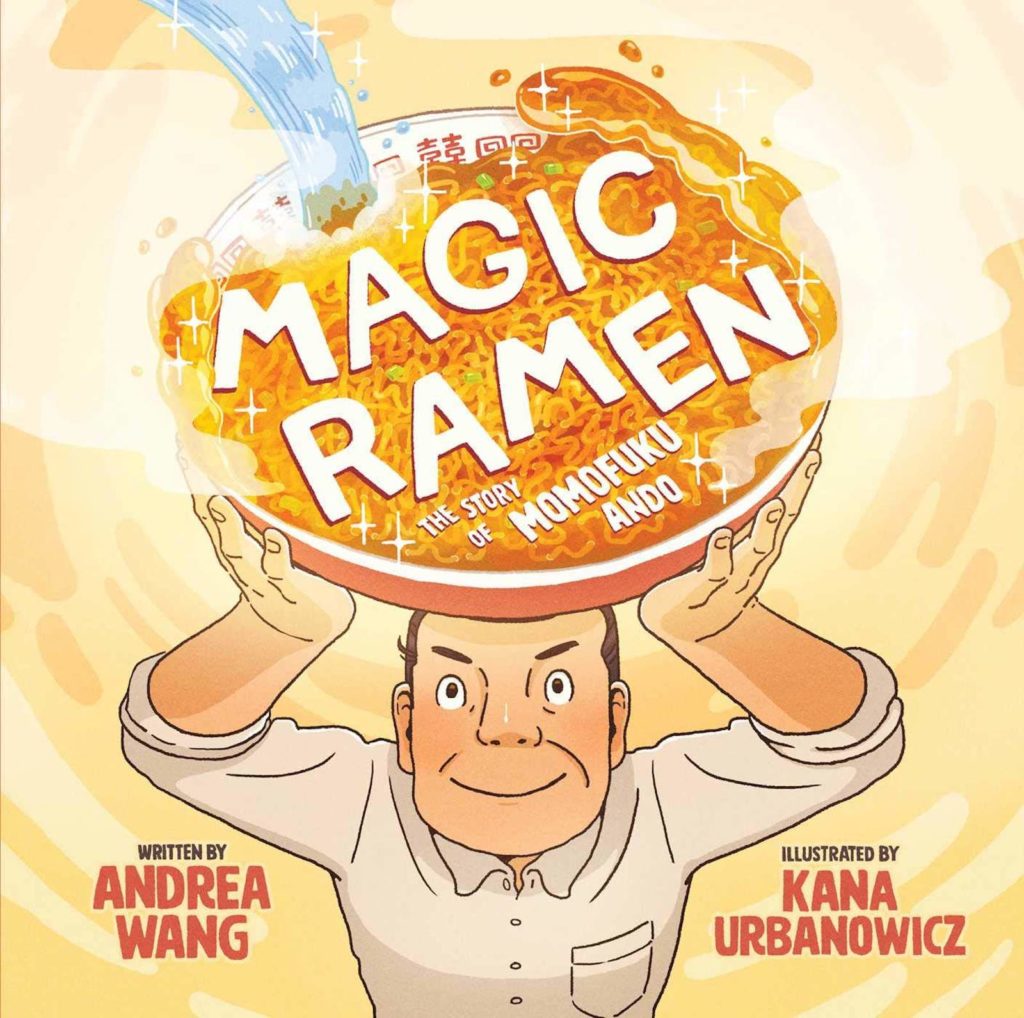
An insightful, illustrated story of how Momofuku Ando invented instant ramen. So next time your kids demand noodles, at least they’ll know where they came from!
Buy on Amazon
5. The Beckoning Cat by Koko Nishizuka
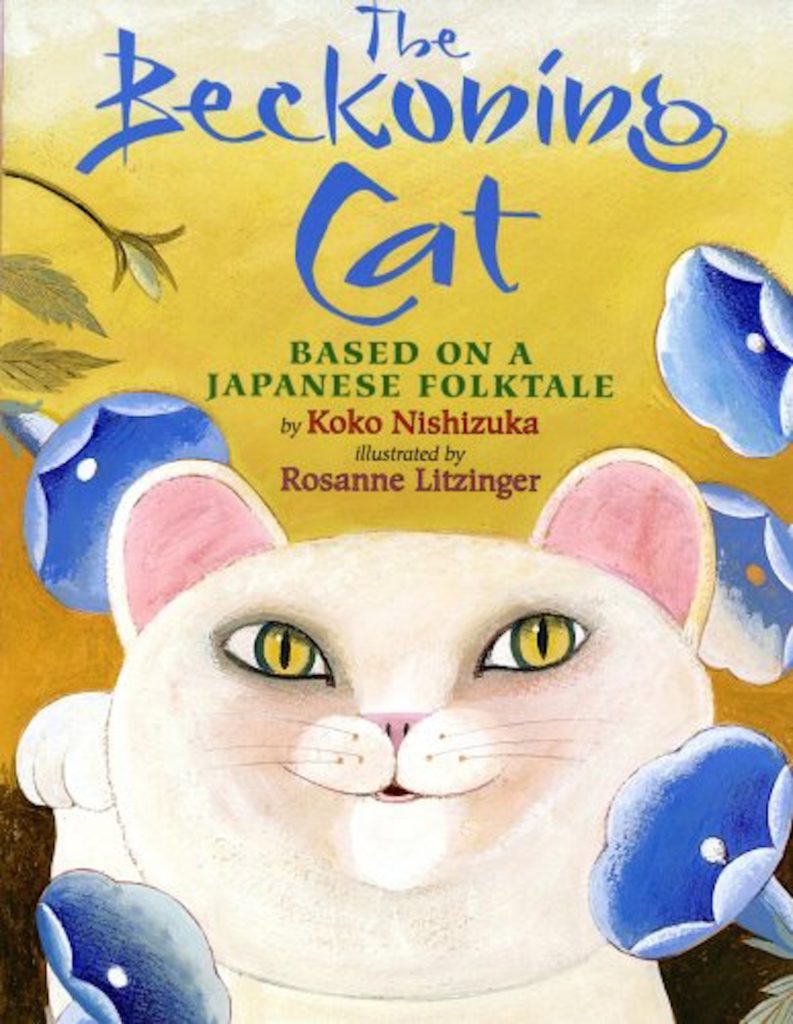
Beautifully illustrated, this book retells a traditional Japanese tale, describing the origins of the beckoning cat and how it came to be a symbol of good luck. Children will understand the beckoning cats in shop windows and restaurants after reading this book.
Buy on Amazon
6. I live in Tokyo by Mari Takabayashi
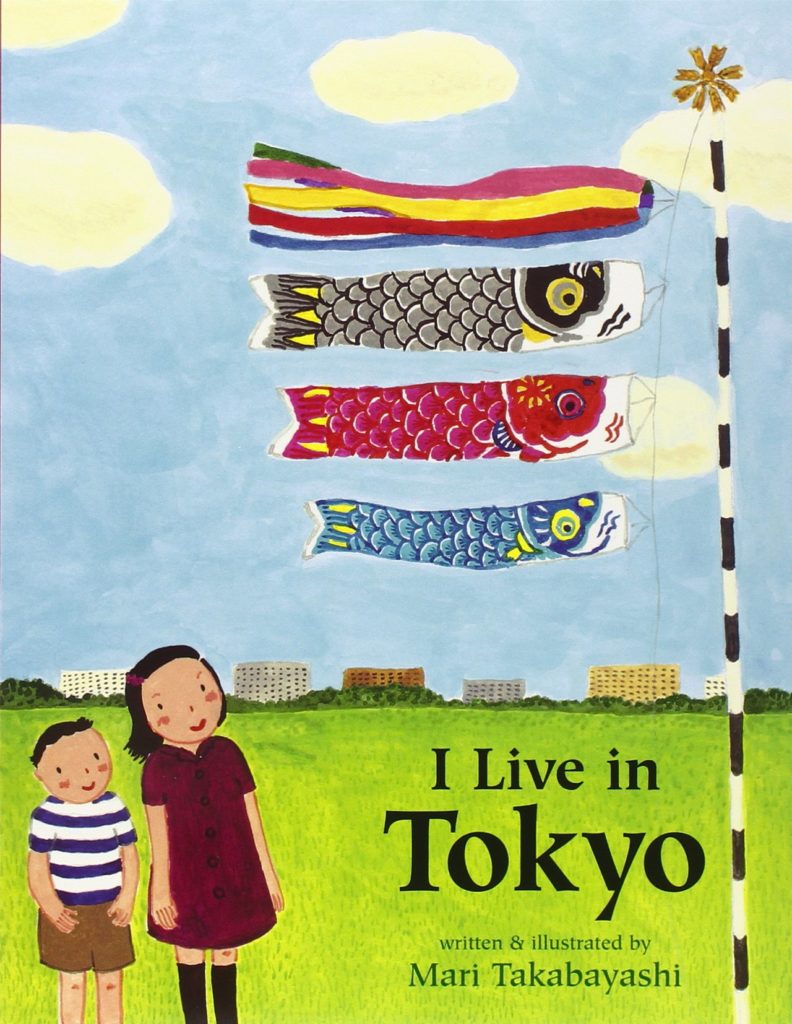
This book is a child-friendly, colorfully illustrated, and lively introduction to Japan. The story is about seven-year-old Mimiko who takes readers on a month-by-month tour of contemporary Tokyo.
Buy on Amazon
7. Japanese Celebrations: Cherry Blossoms, Lanterns and Stars! by Betty Reynolds
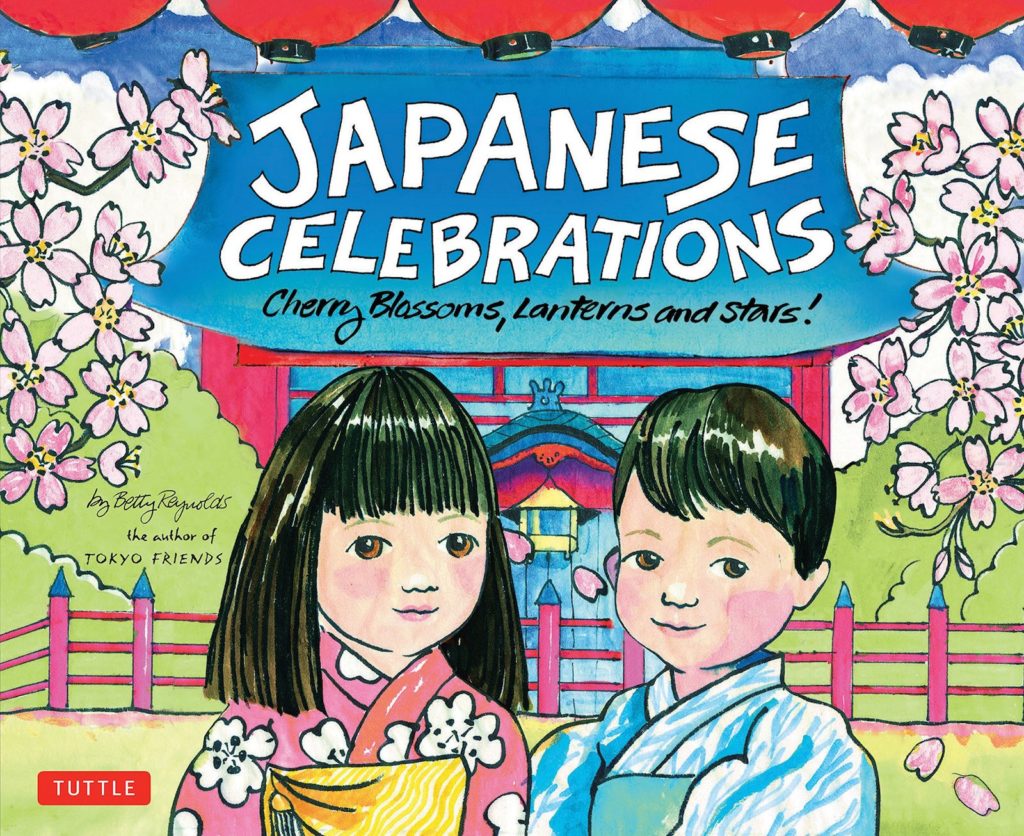
Gorgeous illustrations and simple informative text explain Japanese holidays and celebrations. This book promises to delight and educate young readers and parents alike.
8. Wabi Sabi by Mark Reibstein

This beautiful picture book for grades 1–3 explains the Japanese concept of wabi-sabi (the art of finding beauty and harmony in what is simple) through the story of a cat named Wabi-sabi, who lives in Kyoto with her master.
Buy on Amazon (International)
9. Kamishibai Man by Allen Say
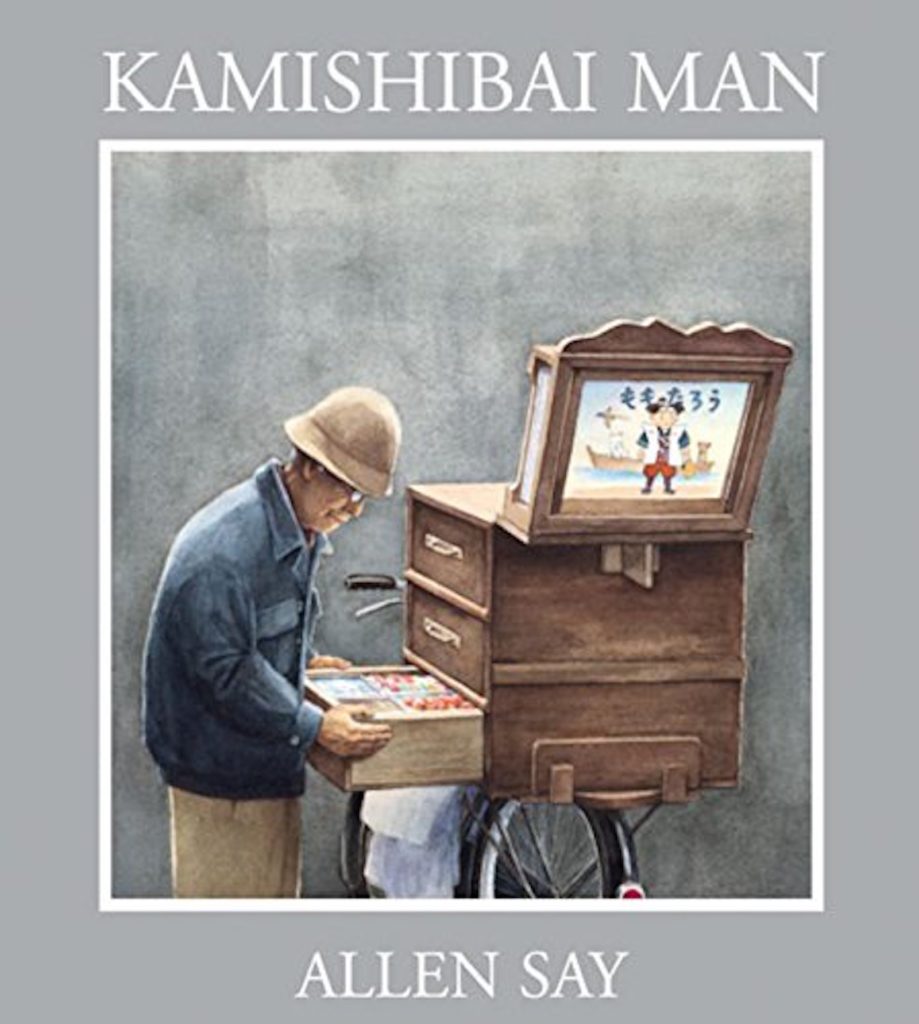
After many years of retirement, an old man skilled in kamishibai (picture story shows) decides to perform once more in spite of the fact that his art isn’t as popular anymore—or so it seems.
Buy on Amazon International
10. Japanese Children’s Favorite Stories by Florence Sakade
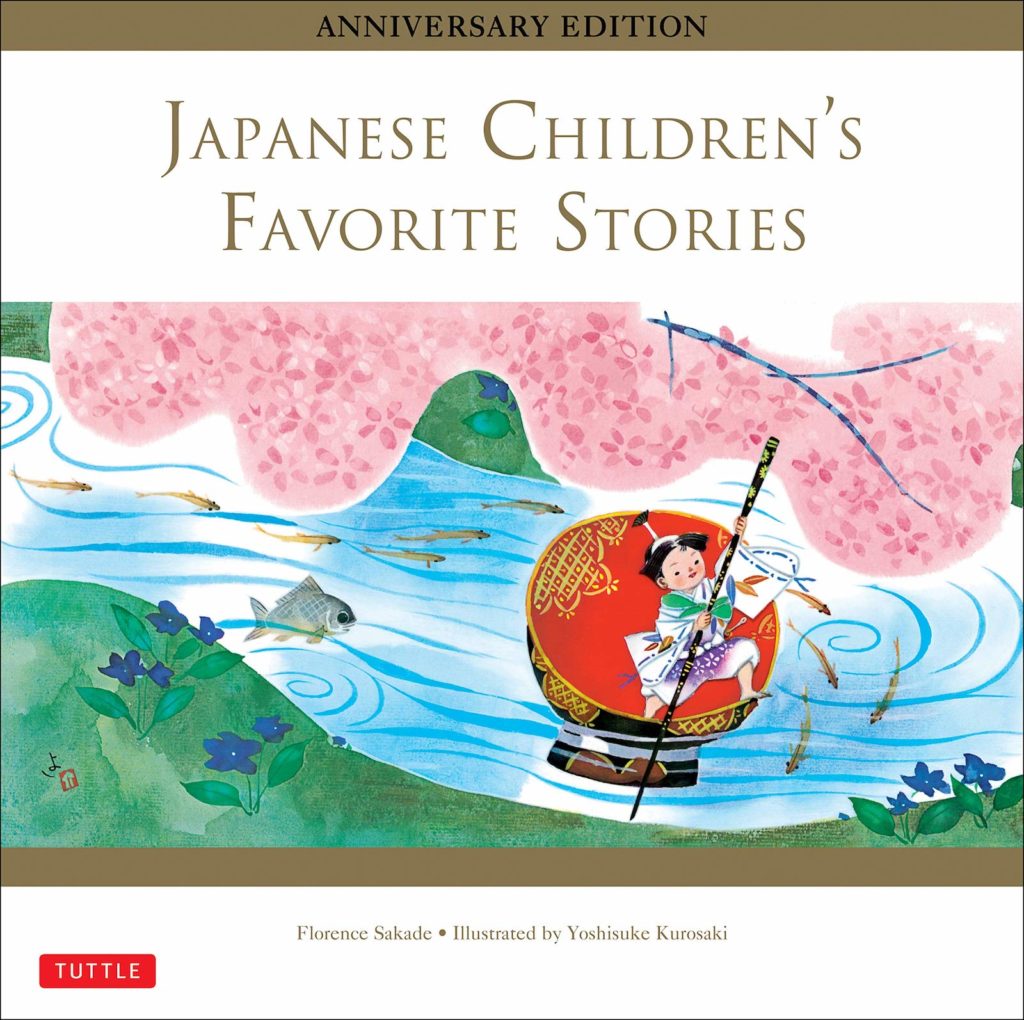
In these much-beloved stories are charming characters drawn from folklore and passed down for generations: tales about playful goblins, walking statues and a delightful one-inch tall hero evoke the virtues of honesty, humility, and hard work. This book is a great way for parents to teach through stories that thrill their children.
Buy on Amazon
Let them choose
Still, Rita points out that “we cannot prescribe books” even if they are likely to provide children with help in adjusting and enjoying their life in Japan. Rather, children should be given freedom to choose the books they like.
“Giving a child the liberty to make a choice in their reading material or genre not only gives them agency but also pleasure and interest in reading,” she says. “While encouraging them to enjoy their choices, gently nudge them along with your choices, too, thus exposing them to a whole new world of books to be loved and enjoyed,” she says.
Making reading more valuable
To maximize the learning and enjoyment possible from these books, Rita advocates discussing what you are reading, including the characters and story, to help children think creatively. Explaining vocabulary or cultural references and encouraging children to remember experiences or situations in which they might have encountered them can also nurture a deeper understanding.
Ultimately, it’s all about creating a positive environment for reading these books, full of fun, excitement, and curiosity.
“Reading interactions with children is a way to get them to associate books with fun, pleasure, and attention,” says Rita. “And it’s good for adults, too!”
About Summerhill International School

With a Reggio Emilia-inspired approach that focuses on teaching 21st-century skills, such as learning how to learn, creativity and critical thinking, Summerhill International School is an accredited IB school that offers the Primary Years Programme to help children grow into well-rounded individuals. In the leafy, yet central surrounds of Moto-Azabu, its early childhood educators are supporting children’s holistic development, physically, emotionally, intellectually, creatively and in language. Find out more about Summerhill International School on their Savvy Tokyo schools page.














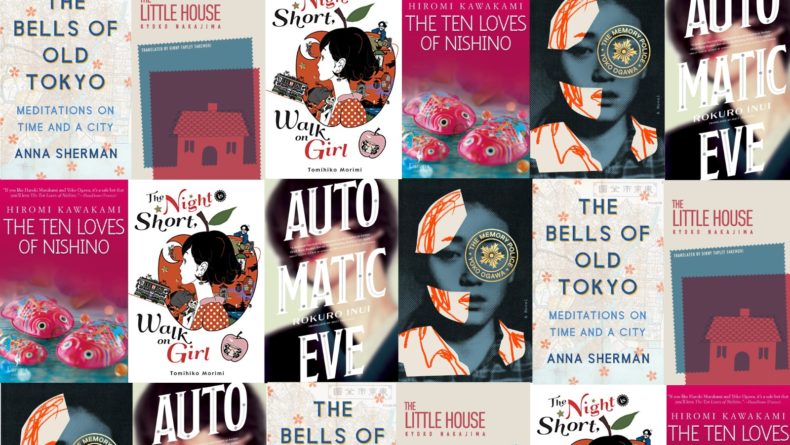

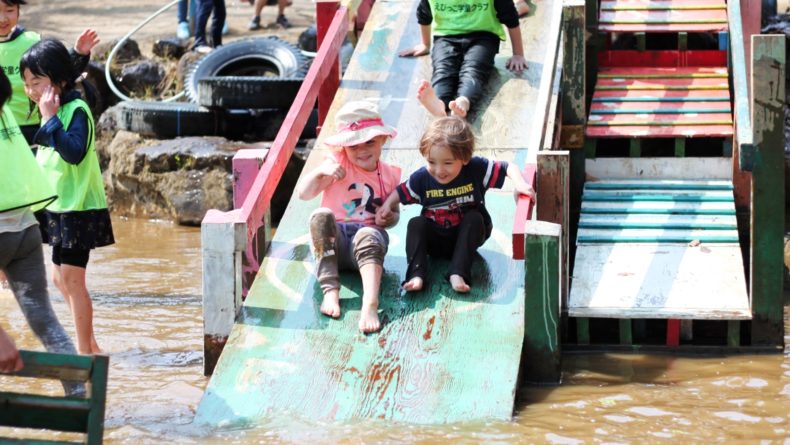
Leave a Reply